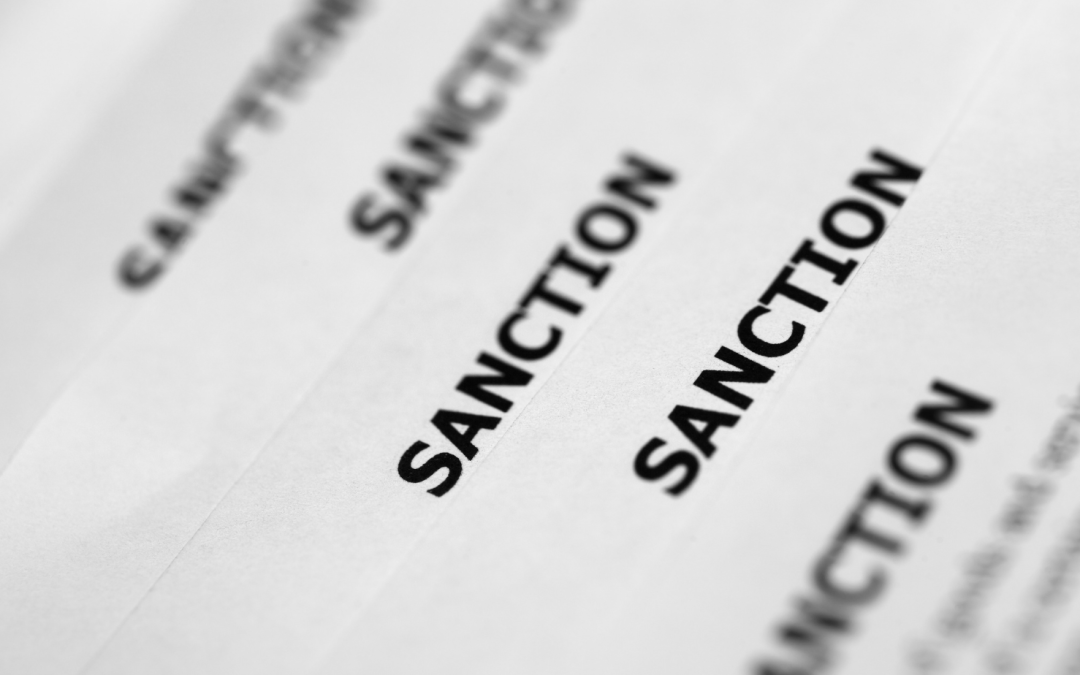The top sanctions question of the moment is whether the UN (or any other international organisation) is likely to instigate new sanctions measures given the current conflict in Israel.
Historic context
The link historically between UN sanctions and the current conflict in Israel is a complex and multifaceted issue that requires a nuanced understanding of the geopolitical dynamics in the region. While the United Nations has a history of imposing sanctions on various countries for a range of reasons, the situation in Israel is unique in many ways.
The Israeli-Palestinian conflict has been a long-standing source of tension and violence in the Middle East, with deep-rooted historical, religious, and territorial disputes at its core. The UN has, at times, attempted to address the conflict through resolutions and sanctions aimed at promoting peace and a two-state solution. However, the effectiveness of such measures has been limited, as they often face resistance from powerful actors, including other key Member States, who have traditionally supported Israel.
The impact of sanctions
Sanctions imposed by the UN or individual member states have had a limited impact on the Israeli-Palestinian conflict so far for a variety of reasons, including the intricate web of alliances, the significant role of external actors, and the entrenched nature of the dispute. The conflict’s resolution requires a comprehensive and negotiated approach that goes beyond sanctions, focusing on diplomacy, dialogue, and a commitment to finding a lasting solution that addresses the legitimate aspirations and security concerns of both Israelis and Palestinians.
Hamas, officially known as the Islamic Resistance Movement, is an organisation that has been designated as a terrorist group by several countries and international bodies, this includes the United States and the European Union. The designation as a terrorist organisation is primarily based on Hamas’ history of violence, its stated objectives and its tactics. Hamas was founded in 1987 and its founding charter contains anti-Semitic language and calls for the destruction of Israel and the establishment of an Islamic state in historic Palestine.
The international community, led by countries like the United States, considers Hamas actions and objectives as a threat to peace and security in the Middle East. As a result, countries and organisations have designated Hamas as a terrorist organisation, which of itself involves the imposing of sanctions, freezing assets, and restricting any support or assistance to the group.
It‘s important to note that there are differing perspectives on Hamas, especially within the Palestinian territories. While some view it as a legitimate resistance movement against Israeli occupation, others condemn its use of violence and its impact on the peace process.
The designation of Hamas as a terrorist organisation remains a contentious issue and is a subject of ongoing debate and diplomatic efforts in the context of the Israeli-Palestinian conflict.
However, for local regulated businesses the designation, along with the ongoing conflict is key to risk management. With a greater focus on terrorism financing, NPOS, use of virtual currencies and unexplained transactions linked to the region.


